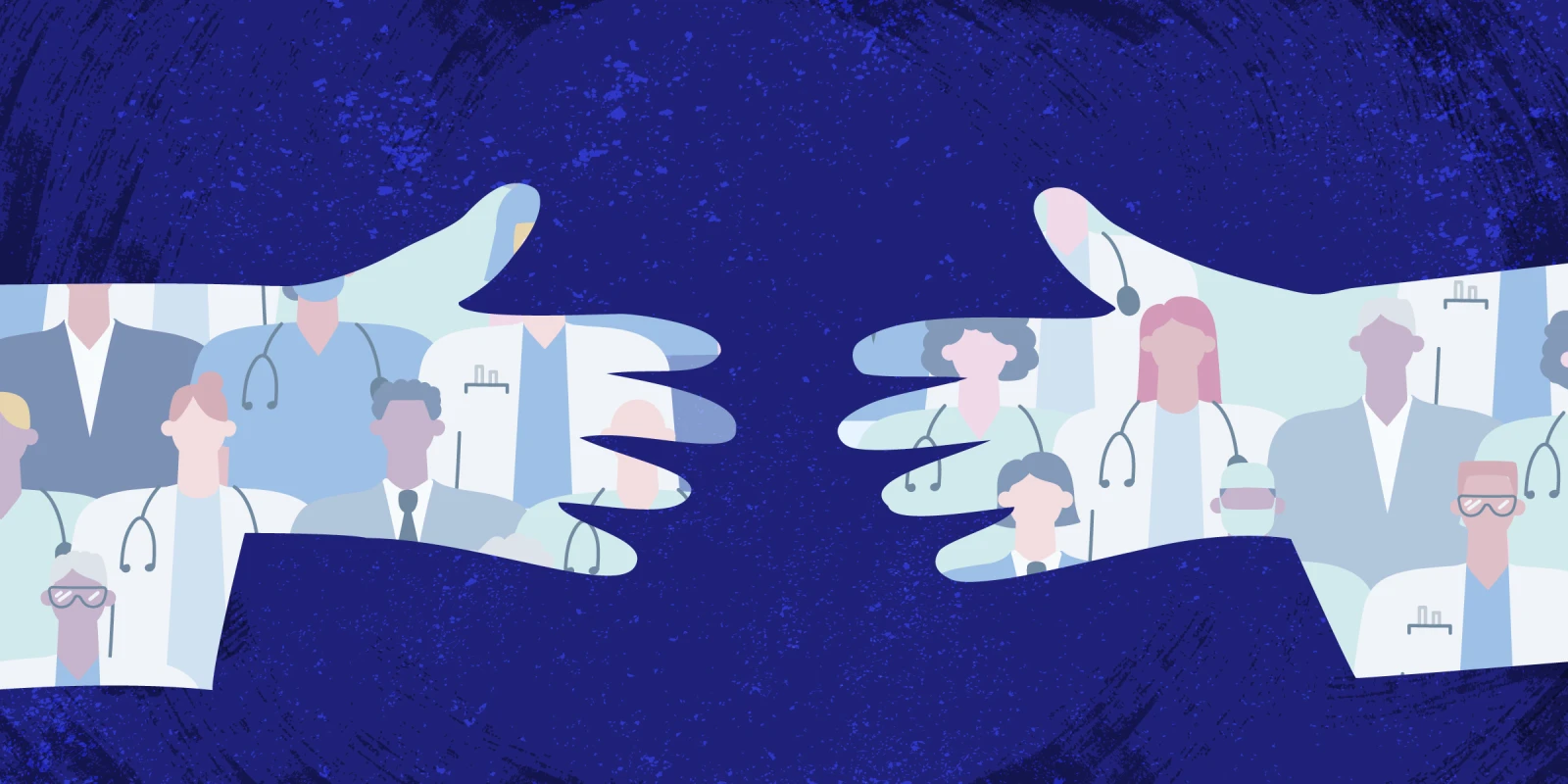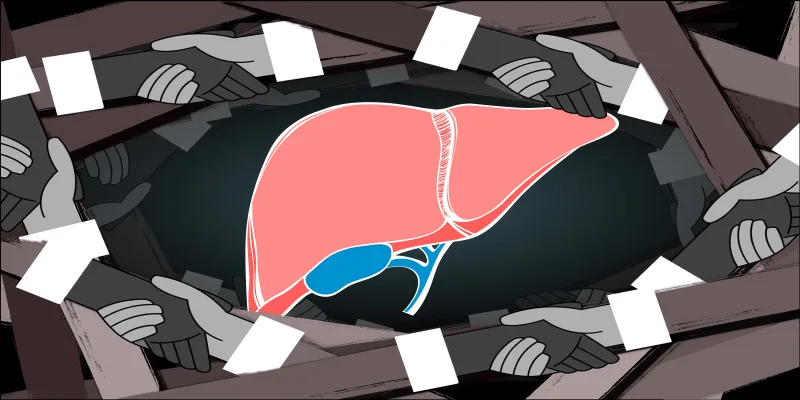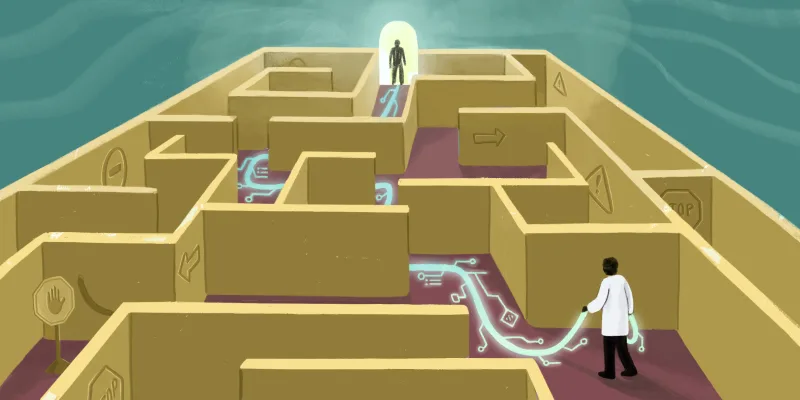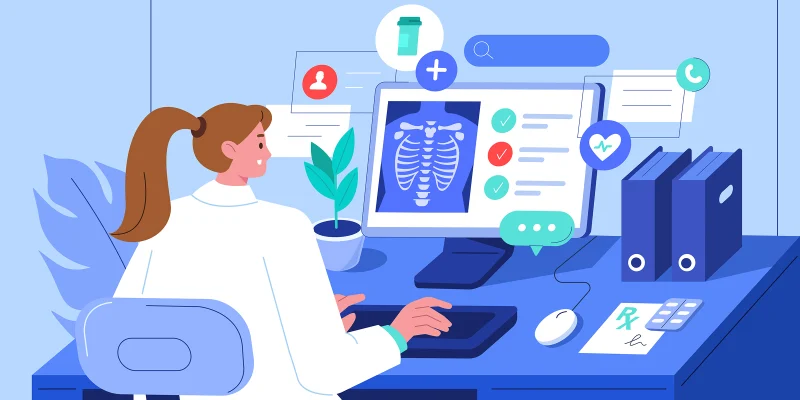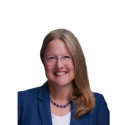The American College of Gastroenterology's annual scientific meeting held each year is a time to be involved, engaged, and present in gastroenterology. This year in the pleasant city of Vancouver, Canada, there are so many learning opportunities to be had on any level, from attending the conference in person, catching up with colleagues from around the world, to reading and engaging in the poster hall (which is one of my favorite spots to listen intently on a more personal level with the researcher), to partaking in an ACG committee, there is something for everyone.
As a gastroenterology advanced practice provider from a major academic health center (Indiana University Health), attending conferences is highly encouraged to gain expert-level knowledge in one's subspecialty. This year, I have the privilege to be here in person again, but as a new member of the ACG Advanced Practice Provider's committee for the 2023-2026 term.
The ACG recognizes the APP committee as a standing committee, and WOW is it impressive! Since I am new to the committee, I was greeted with a warm introduction by our committee chair and co-chair, Monica Nandwani, DNP, and Sarah Enslin, PA-C. This team has made significant strides in advancing the profession's stance within the college. The committee attendees from across the country engaged in insight conversation regarding best patient practices, practice management, social media engagement, and how our group can advance the profession to serve our patients better. Having in-person discussions, making new friends, and exchanging ideas on an open platform at the level of the ACG was beyond gratifying.
Our outgoing ACG president, Dr. Dan Pambianco, and incoming president, Dr. Jonathan Leighton, addressed the committee. They both had a firm but critical message: "We are a healthcare team- we are not individual practitioners or physicians, but we care for our patients as a team, and you all are part of this team." Their joint message could not have been more heartwarming to hear.
As we know, there is controversy with APPs, and some are not fans of our profession. I have introduced myself as an APP in specific settings, mainly seen for physicians only, and the stigma is still there, but it does not go unnoticed. To know that the American College of Gastroenterology recognizes us as part of their team shows how the healthcare model has changed drastically. With the incredible shortage of nurses, physicians, and support staff, we must work as a team to succeed. According to the U.S. Bureau of Labor Statistics, nurse practitioners are one of the top professions projected to grow the fastest over the next decade, at a rate of 46% by 2031. Does this make you want a supportive APP on your practice team to elevate patient access to care? It should.
And we must remember who the real team winners are: somebody's mother, father, sister, or brother, representing our patients. These are the people who win in the healthcare team model.
My physician collaborator and ACG Indiana governor, Dr. Mohammad Al-Haddad, supports me as an advanced practice provider. He believes our profession is a crucial contributing factor to the healthcare model. I am proud to say that when we see patients together, he introduces me as a member of our practice. As chief of our division of gastroenterology, Dr. Al-Haddad leads our division, which includes 16 APPs, and one of his goals as our leader is to promote APP utilization and physician mentorship. This year, he is cheering me on from home, and he supports my engagement and excitement in gastroenterology, committee work, research, and, most importantly, patient access to care. During my term, I plan to share how physician mentorship is vital to a successful APP and how this helps teams within the ACG APP community better serve our patients.
It is an honor to be a member of the ACG, a member of the APP committee, and a nurse practitioner in gastroenterology in a time of health care change and acceptance in 2023.
NP Stainko has no conflicts of interest to report. Dr. Al-Haddad is employed by Indiana University, and has received funding from the Amplified Sciences grant, the NCI grant (pending), and Boston Scientific
Interpace diagnostics.
Illustration by Diana Connolly
